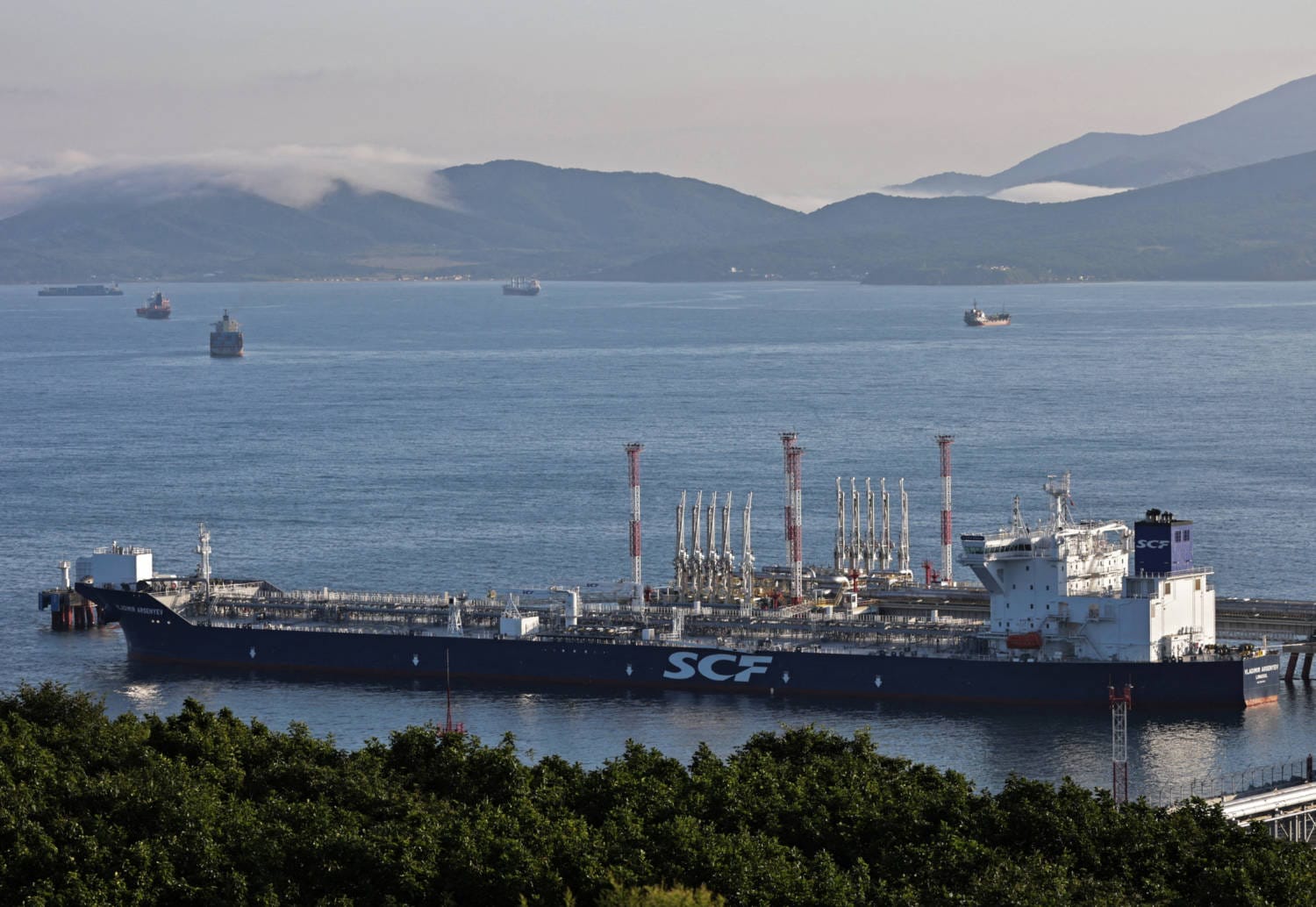Greek Navy Tightens Control to Deter Russian Oil Transfers
In a strategic move to curb the clandestine trade of Russian oil, the Greek navy has issued an extension to an advisory that prohibits ship traffic off the southeastern coast of the Peloponnese. This decision is primarily aimed at halting the ship-to-ship (STS) transfers of Russian oil that have been occurring in the Laconian Gulf, according to defense ministry officials.
With the backdrop of Russia’s invasion of Ukraine, international sanctions have made trading Russian oil difficult, compelling traders to find alternative routes and methods for exporting their goods. The Laconian Gulf, with its proximity to international waters, has become a hotspot for such transfers. Tankers laden with Russian oil have been anchoring beyond a six-nautical-mile limit from the Greek shore, a distance that places them outside the jurisdiction for cargo and vessel checks by Greek authorities.
A defense ministry source highlighted the limitations faced by Greece in policing these activities, stating, “You cannot perform an inspection on a ship with a foreign flag in international waters. Unless a vessel carries a Greek flag your hands are tied.” The source further explained that the NAVTEX advisories serve as an indirect method to prevent STS transfers close to Greek waters.
Recent reports have indicated that several tankers found themselves stranded near the Laconian Gulf following sanctions imposed by the United States. These sanctions targeted vessels involved in Iranian-related shipping activities. As Russia continues to face challenges due to the loss of insurance and other essential shipping services, Western nations are intensifying their financial sanctions.
Moreover, there is anticipation within the European Union for proposed sanctions targeting the “shadow fleet” that handles Russian oil shipments outside the G7’s agreed oil price cap. These measures, if implemented, could further restrict the movement of Russian oil on a global scale.
The Greek navy’s advisory extension reflects a broader commitment by Greece and its allies to enforce international sanctions and maintain pressure on Russia’s oil trade. By extending military exercise advisories in strategic maritime areas, Athens sends a clear message that it will continue to take necessary actions to prevent sanction evasion through its waters.






